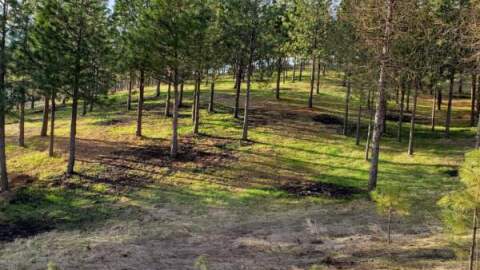-
On a trip through North East Washington in the 1970s, couple Lynn and Becky Miner fell in love with the stunning nature around them.
-
Skiers would typically use waxes with PFAS to lubricate their skis to go downhill faster.
-
Chile is freezing its future to protect its plants.
-
We join a group of mudlarkers to see what's hiding by a creek in Philadelphia, as contributors ask what mudlarking, scavenging the banks of rivers or creeks for treasures, can uncover.
-
The announcement comes just days after NPR revealed the administration had secretly rewritten safety and environmental standards.
-
Strong winds can make it feel a lot colder than the thermometer suggests. Protect yourself by covering exposed skin and sheltering inside.
-
In its proposed 2025 resource plan, Duke Energy said it wants to add seven combustion turbines in the coming years. The utility is considering Belews Creek for two of those.
-
The wind chill in Easton, Pennsylvania, was below zero on Wednesday.
-
The winter storm left a record number of people in Nashville without power.
-
The property will also provide a buffer to the local landfill.
-
Freezing temperatures and heavy snow and ice hit a large portion of the United States over the weekend.
-
Freezing rain and sleet are weighing down trees, which are now toppling and wreaking havoc.









